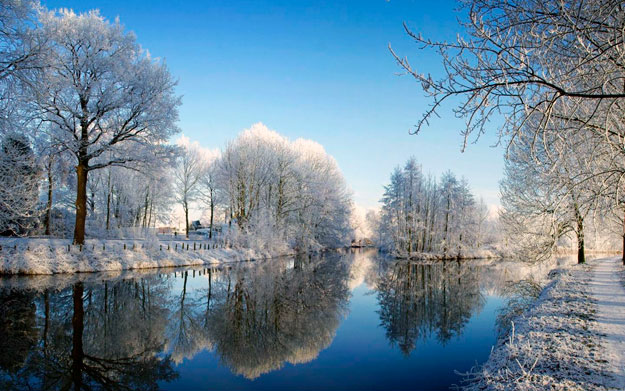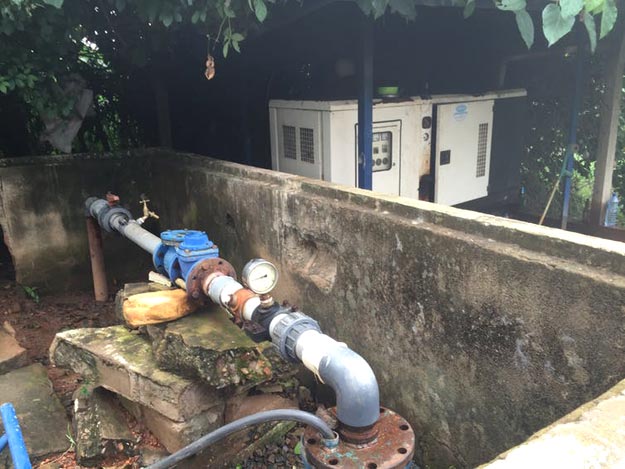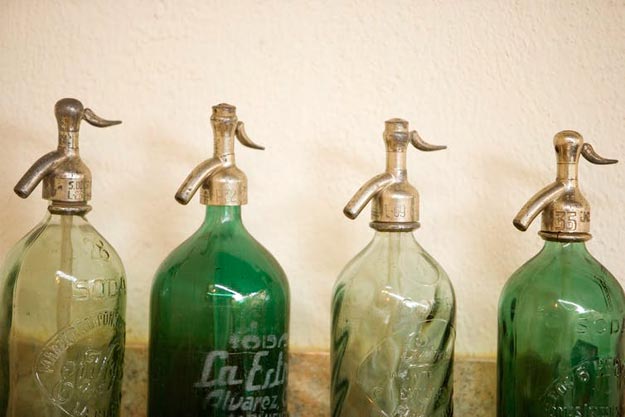Latest bid to count and catalogue the living world is billed as the most accurate yet, but only a tiny proportion is known to science.
Humans share the planet with as many as 8.7 million different forms of life, according to what is being billed as the most accurate estimate yet of life on Earth.
Researchers who have analysed the hierarchical categorisation of life on Earth to estimate how many undiscovered species exist say the diversity of life is not equally divided between land and ocean. Three-quarters of the 8.7m species – the majority of which are insects – are on land; only one-quarter, 2.2m, are in the deep, even though 70% of the Earth’s surface is water. Read more











